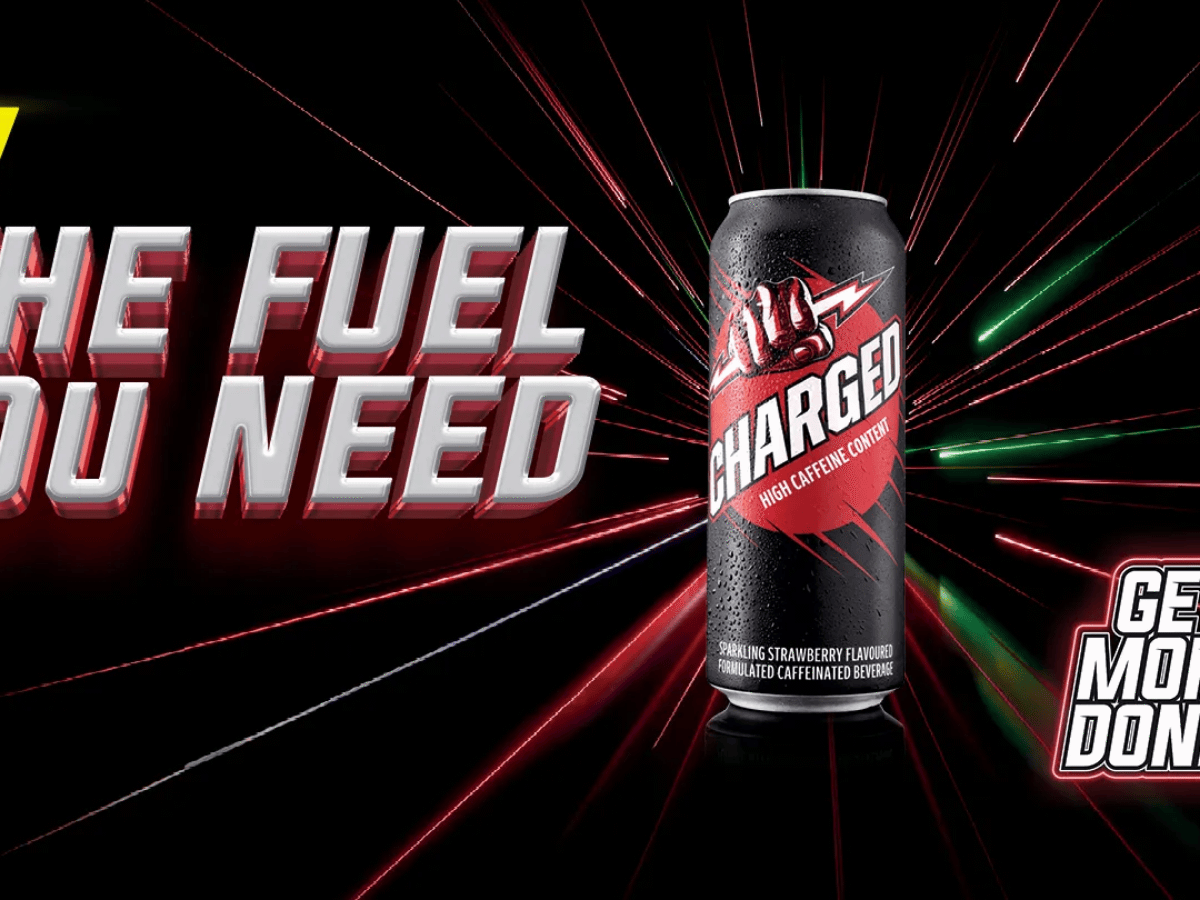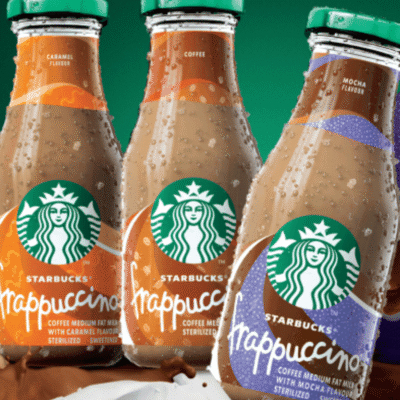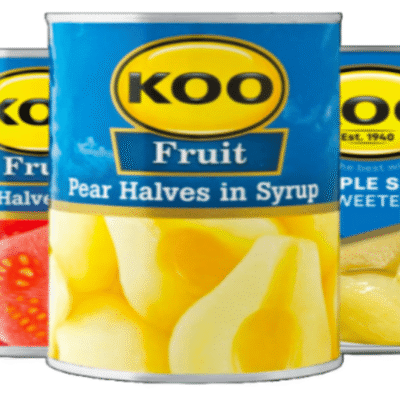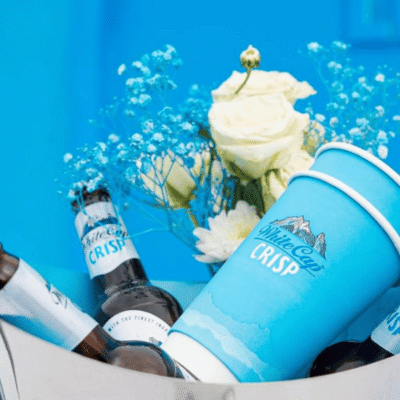SOUTH AFRICA/EUROPE – Coca-Cola South Africa has launched Charged, a strawberry-flavored sparkling energy drink, expanding its range of non-traditional beverage offerings.
The drink, which contains caffeine and is formulated to provide an energizing effect, is now available nationwide in 500ml cans. It previously debuted in India, Nepal, and Vietnam, where it was introduced as part of Coca-Cola’s push into emerging energy drink markets.
The beverage blends a bold strawberry flavor with Coca-Cola’s signature carbonation. It is being marketed as a daily energy boost for consumers, packaged in a striking can design that features a thunderbolt motif.
The company says this visual element reflects the brand’s “invigorating” appeal and is intended to enhance shelf visibility.
Speaking on the launch, Natasha Chetty, Emerging Categories Senior Director at Coca-Cola Africa, stated that the beverage was developed in response to changing consumer habits and preferences.
Chetty emphasized that the addition of Charged demonstrates Coca-Cola’s ongoing efforts to expand its product portfolio in line with evolving consumption patterns across global markets.
Consumer protection scrutiny in Europe
The product launch comes as The Coca-Cola Company navigates regulatory developments in Europe related to its environmental claims.
In November 2023, the European Consumer Organisation (BEUC), supported by several national consumer groups, filed a complaint with the European Commission and its Consumer Protection Cooperation Network (CPC).
The complaint focused on Coca-Cola’s use of the terms “100% recycled” and “100% recyclable” on plastic bottles.
According to BEUC and other complainants, the claims were misleading, as they often applied only to specific components of the bottles, excluding caps, labels, adhesives, and colorants. These non-recycled elements, critics argued, contributed to the misleading nature of the packaging claims.
Legal experts involved in the complaint pointed to the gap between consumer perception and technical reality.
Rosa Pritchard, a plastics attorney at ClientEarth, noted that current recycling infrastructure in Europe does not support a full bottle-to-bottle recycling system.
She further emphasized that portraying plastic packaging as fully recyclable or made entirely from recycled content creates the impression of a closed-loop system that does not exist in practice.
Label revisions and regulatory oversight
Following engagement with the CPC, Coca-Cola has announced it will revise the wording and imagery used in its marketing and packaging materials in European Union markets.
This includes reassessing the use of “green” visuals and sustainability symbols to avoid giving consumers a potentially false sense of environmental benefit.
National consumer protection authorities will oversee the rollout of the updated packaging and assess the compliance of similar claims made by other beverage manufacturers within the European Single Market.
Kamila Drzewicka, a senior lawyer at ClientEarth, said the outcome highlights the legal risks of broad environmental messaging that fails to reflect actual recycling practices. She described the development as a baseline step for broader enforcement action across the EU.
Agustín Reyna, Director General of BEUC, welcomed Coca-Cola’s response but cautioned that if the clarifying information is presented in small print, it may fail to correct the impression created by the initial “100%” claim.
Reyna added that these types of labels could perpetuate the perception that single-use plastic remains an environmentally neutral option.
Related investigations and lawsuits
Coca-Cola’s environmental claims are not the only ones under scrutiny. Danone, another major beverage and food company, recently reached a legal settlement with NGOs ClientEarth, Surfrider Foundation Europe, and Zero Waste France.
The case involved allegations that Danone had failed to meet its obligations under France’s corporate duty of vigilance law. The company has now committed to publishing annual data on its plastic usage and to strengthening its plastic reduction policies.
Separately, the United Nations raised concerns about Coca-Cola Europacific Partners’ decision to replace refillable glass bottles with single-use plastic in Samoa, a small island developing state.
Due to limited recycling infrastructure, the shift is believed to have increased plastic pollution and local waste management costs, along with emissions from exporting waste materials for processing.






